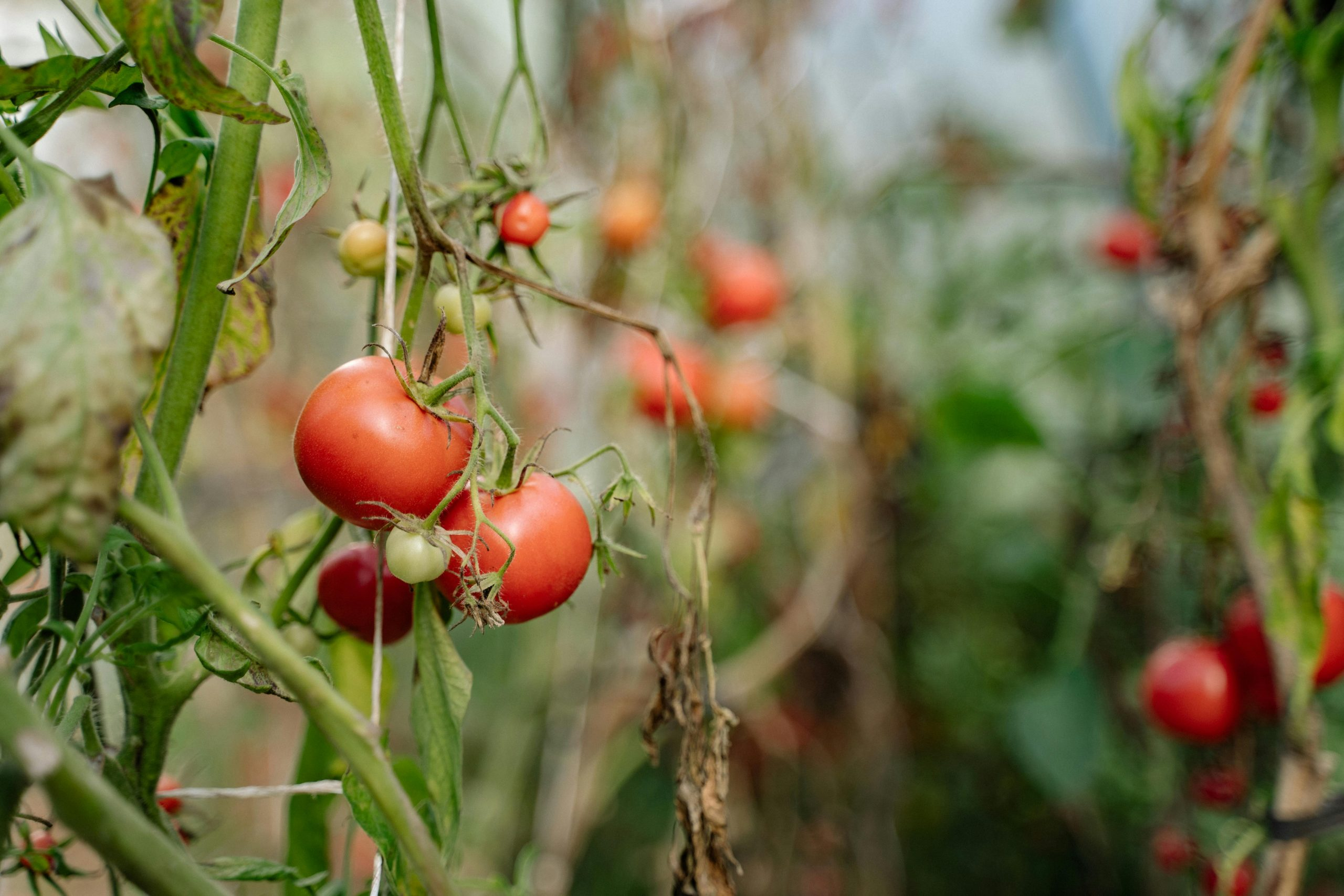Molecular Farming and Synthetic Biology: Health-Focused Ingredients for all
Molecular farming and synthetic biology are two rapidly growing fields that have the potential to revolutionize the way we produce and use health-focused ingredients. With the advancement of technology and the increasing demand for more sustainable and natural products, the combination of these two fields has opened up a whole new world of possibilities. In this article, we will delve into the world of molecular farming and synthetic biology, and how their collaboration can lead to a healthier and more sustainable future for all.
The Rise of Molecular Farming
Molecular farming, also known as plant molecular farming, can be defined as the use of genetically modified plants to produce high-value pharmaceutical or industrial products. By harnessing the power of plants, molecular farming has the potential to produce these products in a cost-effective, scalable, and environmentally friendly manner. This innovative approach has shown promising results in the production of various health-focused ingredients such as vaccines, enzymes, antibodies, and bioactive proteins.
The Advantages of Molecular Farming
One of the main advantages of molecular farming is its cost-effectiveness. Traditional methods of producing health-focused ingredients often involve using expensive equipment and facilities, which can significantly increase the production costs. On the other hand, molecular farming eliminates the need for these costly resources and utilizes plants as biofactories, resulting in a more cost-effective production process.
Moreover, molecular farming is a more scalable approach compared to traditional production methods. With traditional methods, the production of health-focused ingredients is often limited to specialized facilities and large-scale batches. In contrast, molecular farming can be scaled up easily and has the potential to produce a wide range of products in large quantities.
Molecular farming is also more environmentally sustainable compared to traditional production methods. It reduces the need for resource-intensive production processes and has a lower carbon footprint. Furthermore, molecular farming can help reduce the reliance on animal products for the production of health-focused ingredients, making it a more ethical and sustainable approach.
The Role of Synthetic Biology
The field of synthetic biology has played a crucial role in the advancement of molecular farming. Synthetic biology is a multidisciplinary field that combines principles from biology, engineering, and computer science to design and create new biological systems or modify existing ones. By utilizing synthetic biology techniques, researchers can manipulate plant genomes to produce desired health-focused ingredients with improved properties such as increased yield, stability, and purity.
Synthetic biology has also enabled the production of complex and high-value health-focused ingredients that were previously difficult or impossible to produce in traditional production methods. By engineering plants to produce these complex molecules, molecular farming has opened up new opportunities for the development of novel treatments and therapies for various health conditions.
A Healthy Future for All
Molecular farming and synthetic biology have the potential to transform the way we produce and use health-focused ingredients. With its cost-effectiveness, scalability, and sustainability, molecular farming can provide an accessible and more affordable means of producing these products. Additionally, synthetic biology can help improve the properties and yield of health-focused ingredients, making them more effective and efficient for use.
Furthermore, the collaboration between molecular farming and synthetic biology can lead to the development of innovative and personalized treatments for various health conditions. By harnessing the power of plants and utilizing advanced technology, we can create a healthier and more sustainable future for all.
Conclusion
Molecular farming and synthetic biology are two cutting-edge fields that have the potential to revolutionize the production of health-focused ingredients. By harnessing the power of plants and utilizing advanced technology, these fields can provide a more cost-effective, scalable, and sustainable approach to producing these products. With the constant evolution and advancements in these fields, we can look forward to a healthier future for all.








